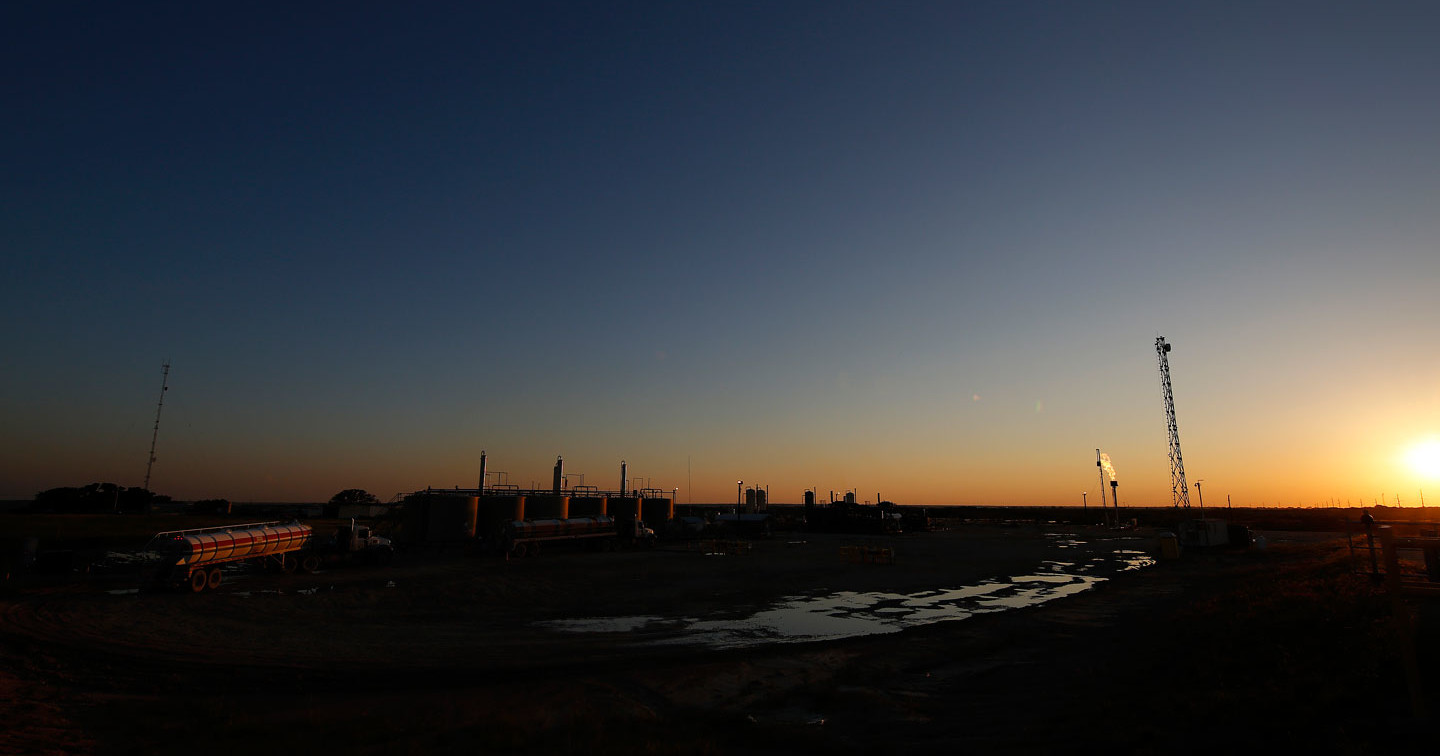A first step is to start asking politicians, the gas industry, the utilities, coal companies, etc., "How much of your coal, oil, and gas reserves do you intend to leave in the ground?"
McKibben's perspective is a little more draconian than most I have seen, but virtually every analysis I have seen says the majority of fossil fuels must remain in the ground, or we must require CCS to burn them. (Until someone finds a way to make CCS dramatically cheaper, that is not an economic option.) The literature has values ranging between 60-80 % of known reserves that can not be released into the atmosphere if we are to avoid 2 C of warming. McKibben's 100 % is higher than most, but no one is looking at less than 60 %, so the question should be asked.
The problem is that major fossil fuel companies have invested billions in buying up those reserves, and do not intend to leave any of it behind. While there will be many impacts to a transition to clean energy, most people will find a way around them. We will continue to use electricity, so utilities will not go away (unless they cling to fossil fuels), state tax revenues will shift to other sources (carbon tax, anyone?), workers can find new jobs in new industries, etc. The only sector that is guaranteed to lose their shirt will be those who own fossil fuel reserves. For them, I can not see any realistic way of recovering their current and pending losses.
But Alpha Natural Resources spent $7.1 billion to acquire Massey Energy in 2011. Then their stock was worth ~ $56 per share. Today they are bankrupt, their shares are selling for under 2 cents, and they are hoping to unload all their environmental liabilities onto the public.
Arch Coal, Peabody, Walter Energy, they all bought coal reserves within the last 6 years, and now are bankrupt or nearly so. We have known for 25 years that climate change is real and coal is a bad investment, but the coal execs were blinded by greed and their own propaganda, so they bought more coal anyway.
Unfortunately, I believe that citizens will now be facing even more pressure from coal. Having spent those billions, did they learn their lesson? No, those desperate coal executives will be willing to spend hundreds of millions to recoup even a portion
of their multi-billion dollar losses. That means campaign contributions, that means advertising and misinformation campaigns, that means abandoning miner pension funds and environmental clean-up costs, and that means lies and dirty tricks to pass the liabilities
onto whoever can be suckered into taking them. (In reality, extractive industries have always operated this way, but the pressure will be even worse for the next few years).
The gas industry is also struggling financially, but they are probably at least 10 years from where coal is now. They still believe they have a future, and they still intend to drain every drop from their reserves, and some are still willing to make major investments in reserves and pipelines and other infrastructure, with the expectation that they will burn it all.
So between now and election day, ask politicians how much they will leave in the ground. If someone starts talking "Obama's War on Coal", tell them, Obama is gone in 9 months, then who will you blame it on? What will you do in your next term of office?
Don't despair. organize!
Jim Kotcon
Sent: Friday, April 8, 2016 3:15 PM
To: ec@osenergy.org
Subject: [EC] New McKibben article
|
www.thenation.com
Global warming is, in the end, not about the noisy political battles here on the planet’s surface. It actually happens in constant, silent interactions in the ...
|
||
